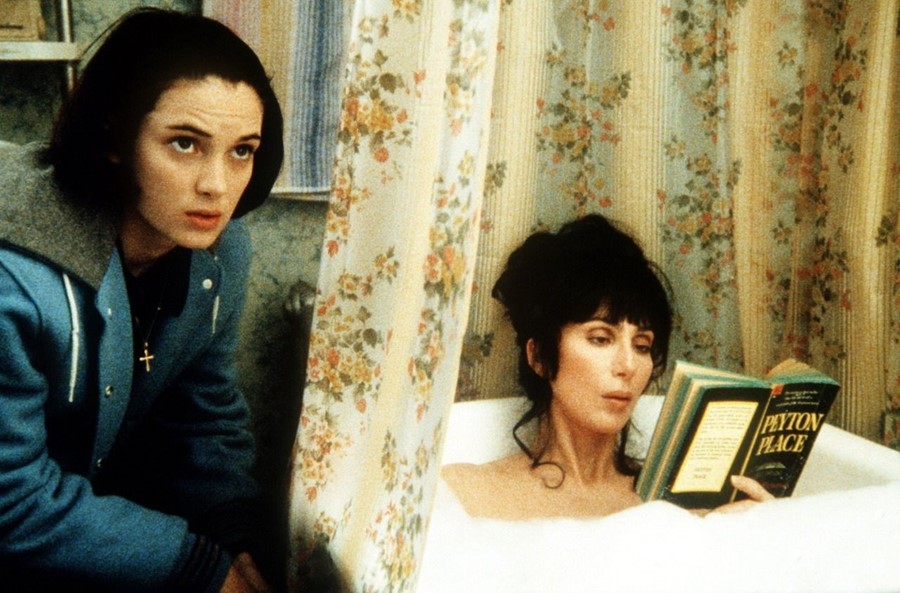Ana Kinsella considers how going back to the simple joys of reading – “books that grab me at the outset ... something I don’t have to explain or account for” – is helping her rediscover books after lockdown
At the beginning we had such high hopes. New yoga routines, sourdough starters, to-do lists. And the pile of books. We were going to read so much during lockdown, we said. We were going to take back our wasted time and lose ourselves in books.
Of course, now I’ve learned that all we gained from lockdown, in practical terms, was the time previously spent commuting. For me, that time was often spent reading anyway. Now that I have to set aside at least an hour a day for worrying about the state of the world, it’s a net zero. And reading, somehow, has fallen by the wayside.
Back in the heady days of Early Lockdown I flew through a stack of debut novels that had been sitting on my desk – How Much of These Hills is Gold by C Pam Zhang knocked me for six. I read Middlemarch sitting under the huge cedar tree near my flat. I revisited old favourites – To the Lighthouse by Virginia Woolf or What I Loved by Siri Hustvedt. I read for research, including a stack of biographies of painters like Francis Bacon and Lucian Freud. And then, at some point in the summer, my ability to read just ground to a halt.
There were other ways to spend my time. There was the worrying, as I mentioned. There were the impulsive new projects that appeared in my mind – the game I was going to build for family and friends, the crime novel about London’s only carillon bell tower that suddenly needed to be written. There were the quizzes and the Zoom drinks and Normal People on the BBC iPlayer. I had more time at home, sure, but somehow I wasn’t able to spend it doing the thing I apparently loved so much.
Because that’s the thing – I do love reading, right? It’s strange how often reading is the first thing to be jettisoned in times of stress or anxiety, even when it’s a pastime that provides such pleasure. I enjoy reading – that’s why I do it, and certainly it’s why I write this column. It rarely feels like a chore. If I’m not gripped by a book, I usually stop reading it in favour of something else. And yet in recent months my attention span has been so fractured that it’s sometimes impossible to really lose myself in a book. Now, the appeal of the binge-watch, the phone game or even just doing nothing is hard to beat. Detangling my cat’s fur becomes the ideal project on slow days, each unravelled knot giving me a joyful sense of satisfaction. Even staring quietly out the window has brought me pleasure during this strange year.
But I don’t think blame can only be placed on my broken attention span. Many of us have a tendency to infuse reading with a moral value that it doesn’t necessarily need. Reading is often talked about as a good or worthy pursuit, a way to spend your time and energy that is inherently better than Netflix or video games. So to turn away from reading, in these times, is a way of giving in to what we consider our lower impulses and desires. Reading is salad to binge-watching’s McDonald’s, and right now, everyone wants to treat themselves. But this way of thinking is a trap. There’s nothing inherently worthy about reading – if I learned anything during lockdown, it’s that if something can offer real diversion, real absorption when you’re in need of it, it’s got a value of its own. That might be a good novel, or it might be Sudoku on my phone. One of these things is not necessarily better or more worthy than the other.
But beneath all of this, I’m aware that reading is something I enjoy, and that won’t change permanently because of my current circumstances. Lately I’ve found a way to read for pleasure again. It’s simple, really – I do it on my own terms, and I look for things that feel pleasurable to read. I’ve paused taking recommendations from others. Instead I’m pursuing books that grab me at the outset, appealing to something ineffable inside me, something I don’t have to explain or account for.
One recent book that snapped me out of my funk was Perfect Tunes by Emily Gould, a heartfelt story of motherhood and the road not taken which I adored and totally lost myself in for a few days. Similarly I tore through The Margot Affair by Sanaë Lemoine earlier this summer, which is a compelling account of deceit, love and paternity in Paris.
Currently I’m also savouring The Overstory by Richard Powers, a book I genuinely can’t describe beyond, “it’s about people and it’s about trees”. A vivid world opens up over 500 pages, rendered in beautiful language, and it has made me look at the world around me in a new light.
If you’re still wary of committing to something book-length, I can recommend dipping into some essays. Vivian Gornick’s brilliant Approaching Eye Level is reissued this month and every essay contains raw, visceral insight, on subjects like living alone and life in the city. Brian Dillon’s forthcoming Suppose a Sentence is a collection of short essays on single sentences from the history of literature. Dillon’s startling and incisive intelligence had me underlining paragraphs and scrawling excitable exclamation marks in every chapter.
